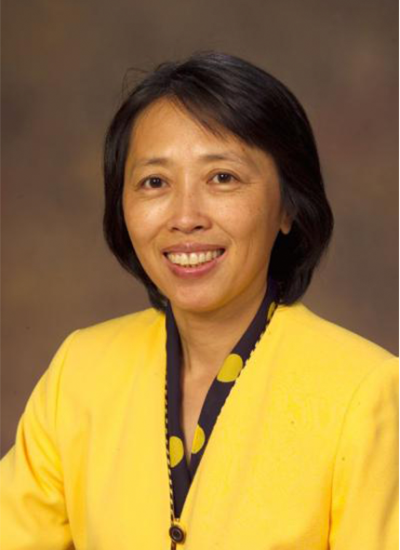Breast cancer
Professor, Public Health
Director, Zuckerman Family Center for Prevention and Health Promotion
Distinguished Professor
Professor, Clinical Translational Sciences
Professor, Medicine
Professor, Nutritional Sciences Graduate Program
Professor, BIO5 Institute
Member of the General Faculty
Member of the Graduate Faculty
Primary Department
Department Affiliations
Contact
(520) 626-6317
Janet L Funk
Professor, Medicine
Professor, Nutritional Sciences
Professor, Cancer Biology - GIDP
Professor, Physiological Sciences - GIDP
Clinical Instructor, Pharmacy Practice-Science
Member of the Graduate Faculty
Professor, BIO5 Institute
Primary Department
Department Affiliations
Contact
(520) 626-3242
Work Summary
Janet Funk's work includes a focus on metastatic breast cancer that spans the research spectrum from bench to bedside, translational arthritis studies of the pharmacokinetics and safety of turmeric, and collaborative endocrinological studies evaluating the effects of obesity and insulin resistance on bone development in Hispanic girls, as well as effects of obesity on breast cancer risk in older women.
Research Interest
Zhao Chen
Department Chair, Epidemiology and Biostatistics
Professor, Public Health
Professor, Anthropology
Professor, Statistics-GIDP
Distinguished Professor, Public Health
Professor, BIO5 Institute
Primary Department
Department Affiliations
Contact
(520) 626-9011




